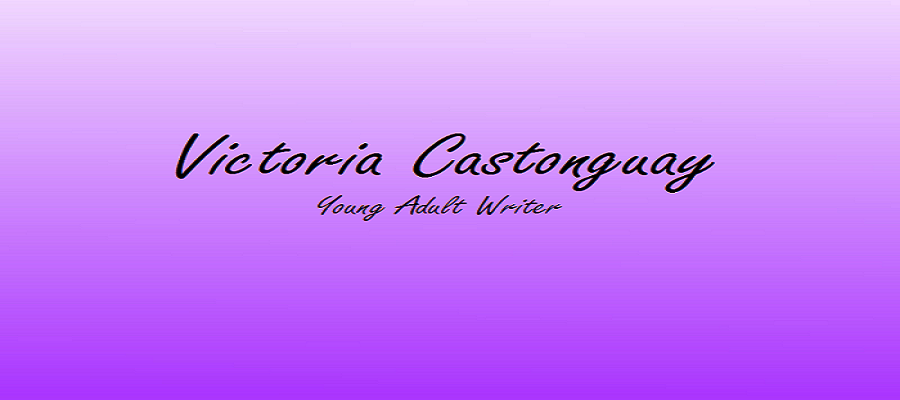I find the interview format helps more than just your run-of-the-mill jotting down of their history, personality, what have you, because it allows you to figure out all of that stuff, but it lets the character tell you in their own voice. This can be especially helpful if you're writing in first-person from their point of view, but it's equally helpful if you aren't, since, chances are, the character is going to have dialogue at some point in the story, and getting to develop their voice before you start writing helps prevent them from ending up sounding the same as other characters.
I thought I'd jot down some basic questions that I use when I do something like this. You can also easily find lists of 100+ questions, but I find those a bit overwhelming when you're just starting off with a character, so I'll list 25 But please, let me know if you have questions I could add to the list or you want an expanded list from me, and I'll be happy to do that!
- What's your name?
- Are you named after anyone?
- Do you like your name? Would you change it, and what to?
- How old are you?
- How old do you feel?
- How would you describe your appearance?
- How would you describe your personality?
- Are you an introvert or extrovert?
- Are you religious?
- What do you do? (for a job, study, etc)
- Do you like what you do?
- What would your dream job be?
- What's your family life like? (siblings, parents, pets, etc)
- Do you have a lot of friends?
- Are/were you romantically involved with or interested in anyone?
- What are your hobbies?
- What are your favourite foods? Do you get to eat them often? (this can tie into family life, social status, and world-building!)
- How would you describe your clothing style? Is it considered normal for someone like you? Does it differ from what you actually wear, and if so, why? (again, more world-building!)
- Do you have any opinions that would be considered controversial? (this is a good opportunity for world-building as well!)
- Who inspires you the most? Is it someone famous (either real-world or within the world of the novel), a parent, a sibling, a friend?
- What are your best and worst memories? (also, what was the best/worst day of their life)
- What is your biggest fear?
- What/who do you care most about? What lengths would you go to for them?
- What is one thing you've never told anyone before?
- Is there anything you don't like to admit to yourself?
As always, thanks for reading! If you have any questions about this post, or you have recommendations for stuff I can add to it, or if you have any recommendations for a future post, don't hesitate to comment here or contact me on Twitter!


